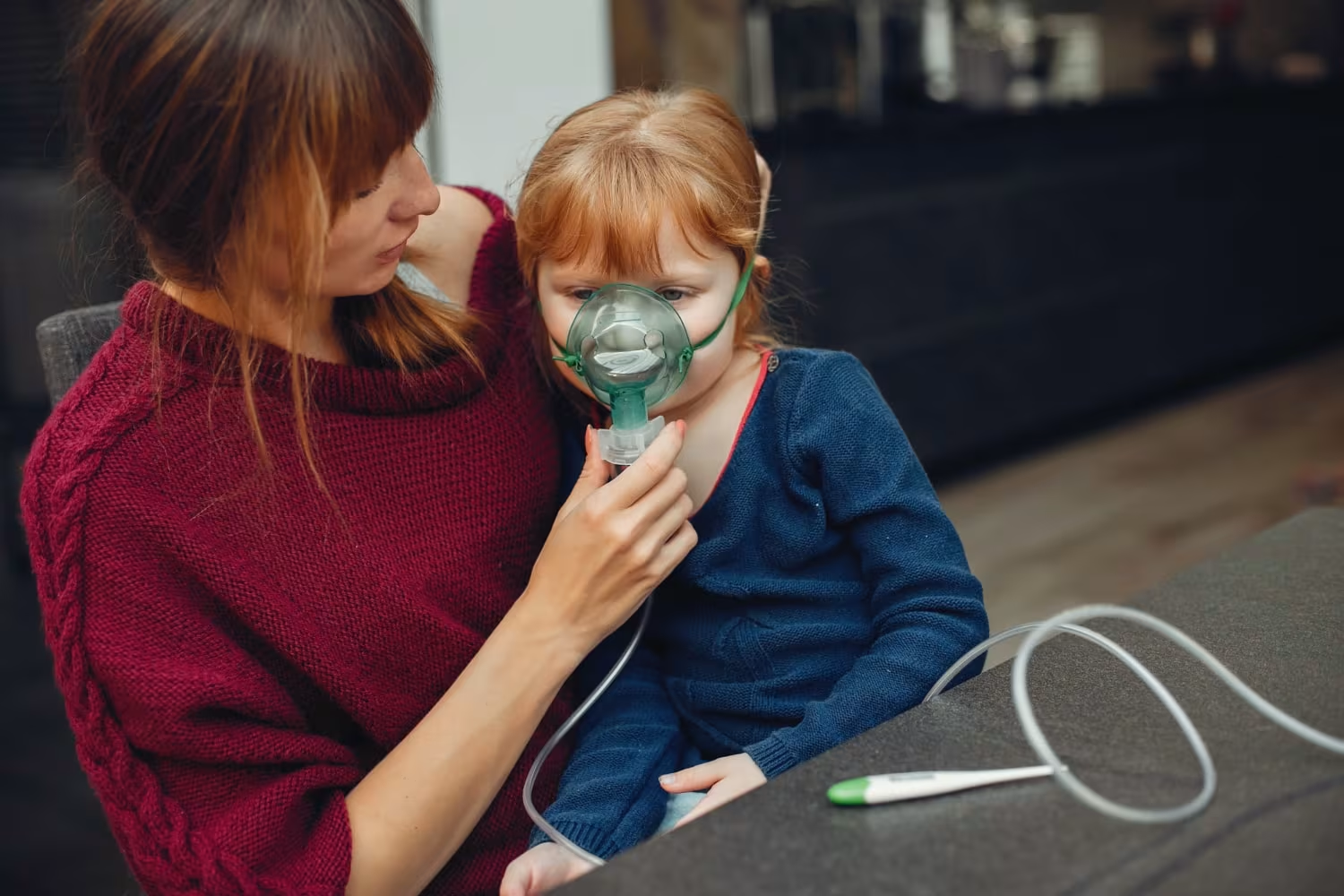
As a parent, spotting the early signs of asthma in your little one can feel daunting. In this post, we'll guide you through the most common childhood asthma symptoms, how to test for asthma in your child, cover asthma testing options, outline how to diagnose asthma in a child, and show you the key signs of an asthma flare-up. We aim to keep things simple, actionable and reassuring so you can feel confident supporting your child's lung health.
Most children with asthma experience one or more of the following:
You might also notice:
For more on pattern-tracking, see the guide to peak flow monitoring for children.
Asthma symptoms in kids can ebb and flow. Be on the lookout for:
If you see any of these severe signs, call 999 immediately.
Accurate asthma testing helps confirm what's going on and rules out other causes:
A formal diagnosis often combines testing with clinical judgement:
If allergies are a trigger, our Allergy Testing service can help pinpoint the cause.
Managing and Preventing Flare-Ups
Once you know the asthma symptoms in kids, take these steps:
Lung function tests like spirometry are reliable for people around 5–6 years old. For younger children, your GP may rely on symptom diaries, peak flow monitoring, and inhalation trials.
Through a combination of medical history, physical exam, lung function tests, allergy tests and observing response to asthma medication.
A persistent or recurrent cough, especially at night, with exercise or cold air, can be an asthma symptom. Always discuss it with your GP if it lasts longer than 2–3 weeks.
Wheezing, a whistling sound on exhale, or a cough that returns with specific triggers (play, laughter, temperature changes) are often the first clues.
If the wheeze is loud, persistent and accompanied by breathlessness, chest retractions or poor response to their reliever inhaler, treat it as an emergency.
Asthma in children can feel worrying, but with careful asthma testing, prompt diagnosis and an action-focused management plan, you'll be well equipped to keep your child breathing easily. If you ever have doubts, book an appointment with your GP or contact us at Private Medical Clinic for expert support.





